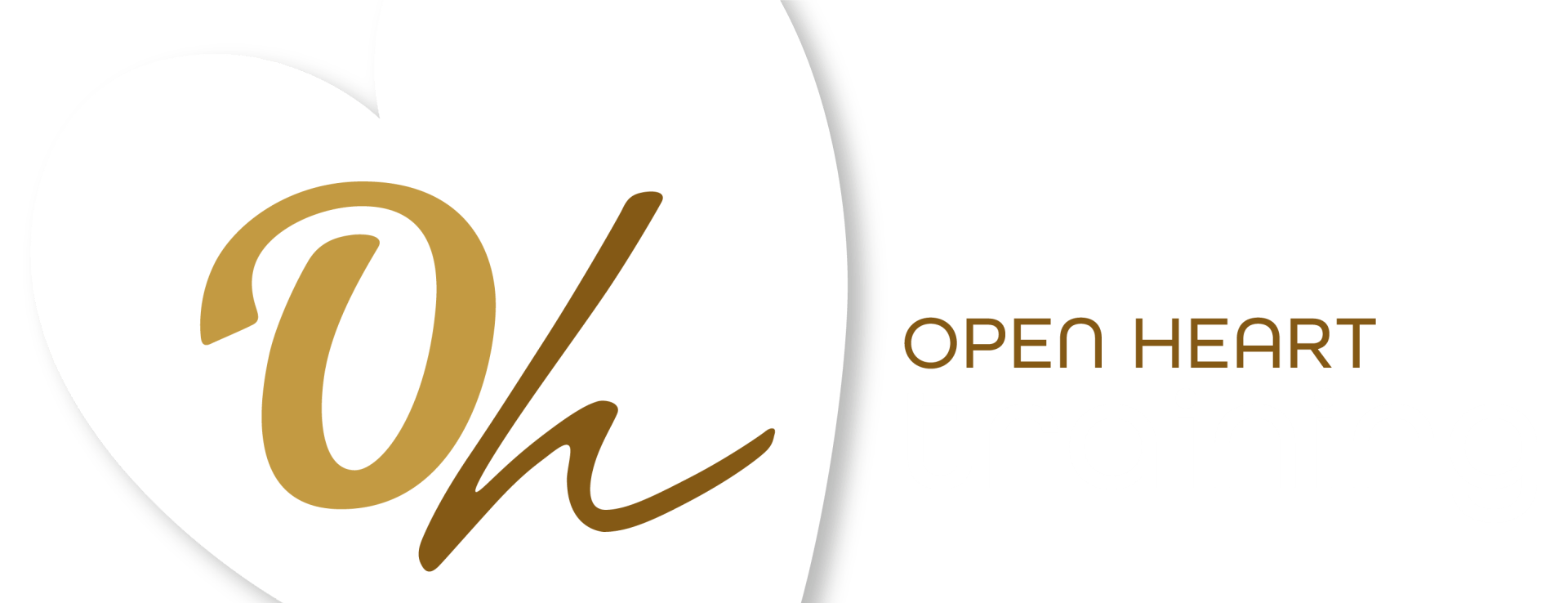Call: 020 8616 4744

15 STANDARD CARE CERTIFICATES
The Care Certificate consists of 15 standards that health and social care workers across the country must adhere to at every step of their working life. With a set of standards that are clear and thorough, the Care Certificate ensures that the standards of care across the sector are regulated to the same level, allowing all care staff to provide the same outstanding quality of care and support.
Induction
The first care standard outlines the importance of each individual understanding their responsibilities and areas of accountability within their role. Care workers must consider their job descriptions alongside company policies and procedures, as well as the ethos and values of the role.
Your personal development
The second standard is aimed at helping the individual’s professional development and creating a personal development plan that includes answers to questions such as ‘who will support you?’ and ‘what opportunities are there for development?’
Duty of Care
The third care standard addresses the care the individual has for those receiving the support. They must understand the expectation of considering how to assess and reduce risks in confrontational situations.
Equality & Diversity
The fourth standard encompasses the need to treat people fairly and to include everyone as a part of society, whilst celebrating differences and valuing each individual. As a whole, diversity includes respecting visible and non-visible differences.
Work in a person-centred way
The fifth care standard promotes values that help an individual to support those in their care well. These values include individuality, independence, privacy, partnership, choice, dignity, respect, and rights.
Communication
The sixth standard outlines the importance of communication with patients, clients, and with colleagues and families. Communication covers three main areas: our words, paraphrasing, and our body language.
Privacy & Dignity
The seventh care standard comprises two values that should be promoted and upheld throughout every step of care giving, to avoid a loss in self-esteem. The individual should be able to identify situations where a patient’s privacy and dignity could be compromised.
Fluids & Nutrition
The eighth standard highlights the principles of hydration, nutrition and food safety in care. Caregivers should understand the need to support patients to have access to fluids, food and nutrition in accordance with their care plan.
Awareness of mental health, dementia and learning disability
The ninth care standard explores the needs of those living with mental health conditions, dementia and learning disability. Individuals should comprehend the importance of promoting positive health and wellbeing for someone who may have a mental health condition, dementia or a learning disability.
Safeguarding Adults
The tenth standard requires the individual to have an understanding of the principles of safeguarding adults and their best interests. The individual should be able to explain what to do in a case of suspected abuse towards an adult, as well as an understanding of how to minimise the risks of abuse.
Safeguarding Children
The eleventh care standard outlines the principles of safeguarding children and protecting their best interests. If the individual is a care worker, they must have completed the most up-to-date national minimum training standards for Level 1. Whereas a social care worker must be able to explain what they must do if they suspect a child is being neglected or abused.
Basic life support
The twelfth standard identifies the need for an individual to complete training in basic life support, in order to meet the UK Resuscitation Council Guidelines.
Health & Safety
The thirteenth care standard involves risk assessment, moving and assisting people and objects safely, understanding procedures for responding to sudden illnesses and accidents, handling hazardous substances, administering medication, and managing stress and potential causes of stress.
Handling information
The fourteenth standard covers the principles of handling information including receiving, recording and storing of accurate and legal documentation.
Infection prevention & control
The fifteenth care standard demonstrates the main ways an infection enters the body. Individuals will gain an understanding of how their own health or hygiene might pose a risk to others they work with or support. Further details are given about the principles of safe handling of clinical waste.
As a team of professional trainers for individuals in the health and social care industry, we offer a comprehensive Care Certificate course that is designed to provide you with the knowledge and qualifications you need to progress and succeed in a career within the care industry, by providing a care-giving service that meets the requirements outlined by the Care Quality Commission (CQC).
Call us now for information
020 8616 4744
Open Heart Training Limited
Suite 100G, Crown House, North Circular Road,London England NW10 7PN
Open Heart Care LimitedLondon Office Suite 807 -808,8th Floor, Crown House, North Circular Road,London NW10 7PN
Opening hours
- Mon - Fri
- -
- Sat - Sun
- Closed
Copyright © 2024 Open Heart Training Ltd. All Rights Reserved.




